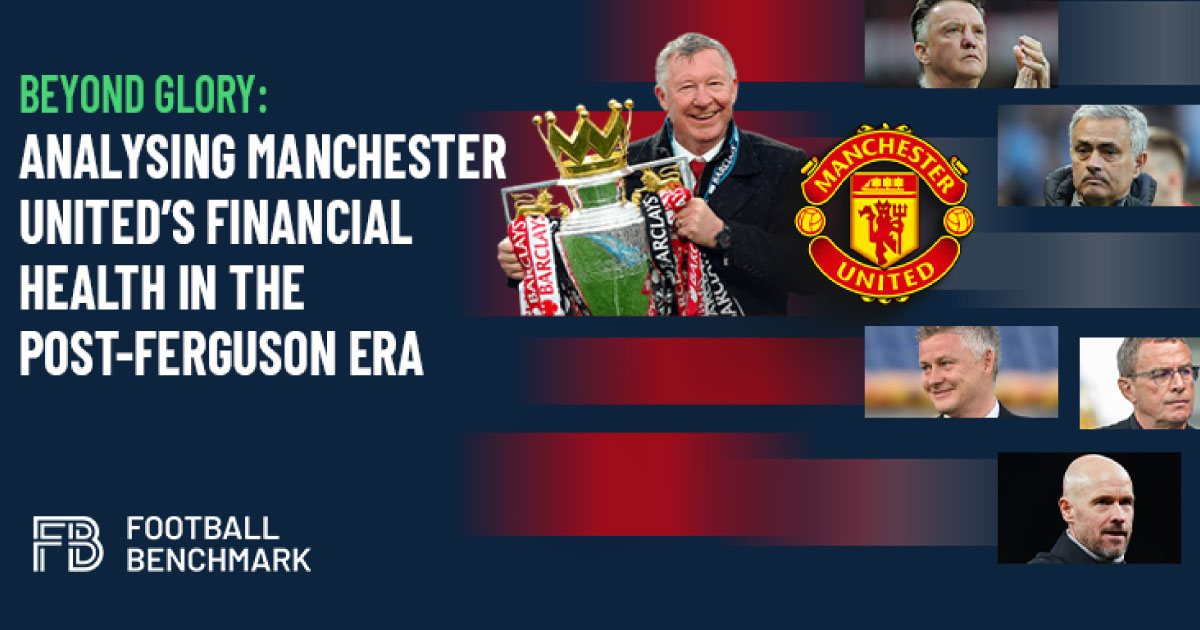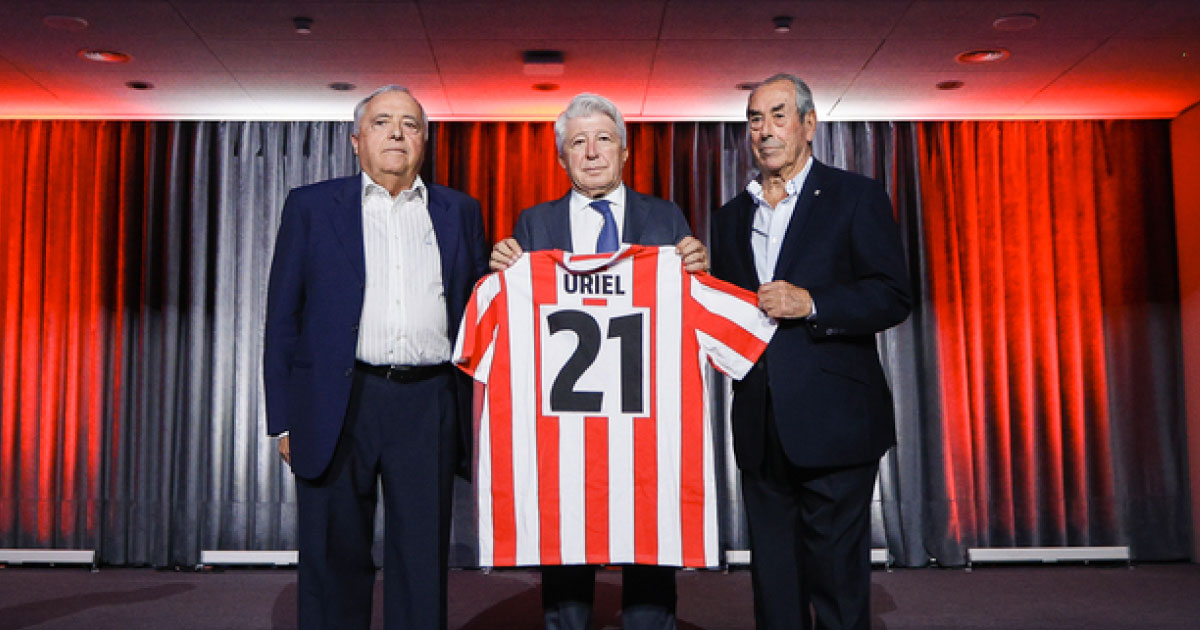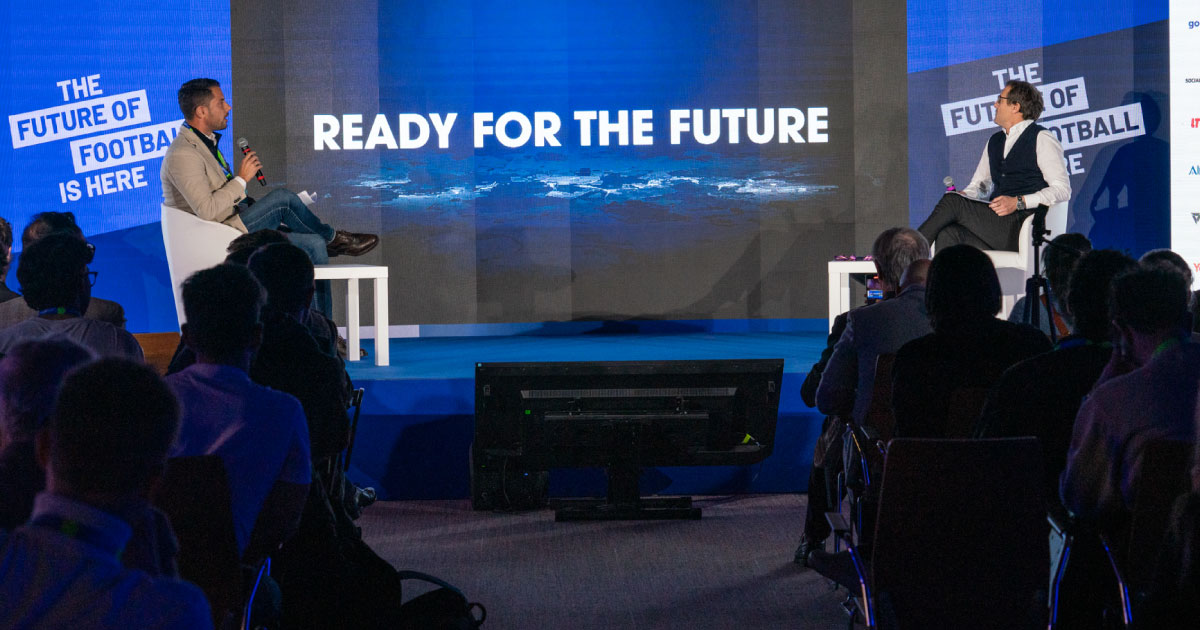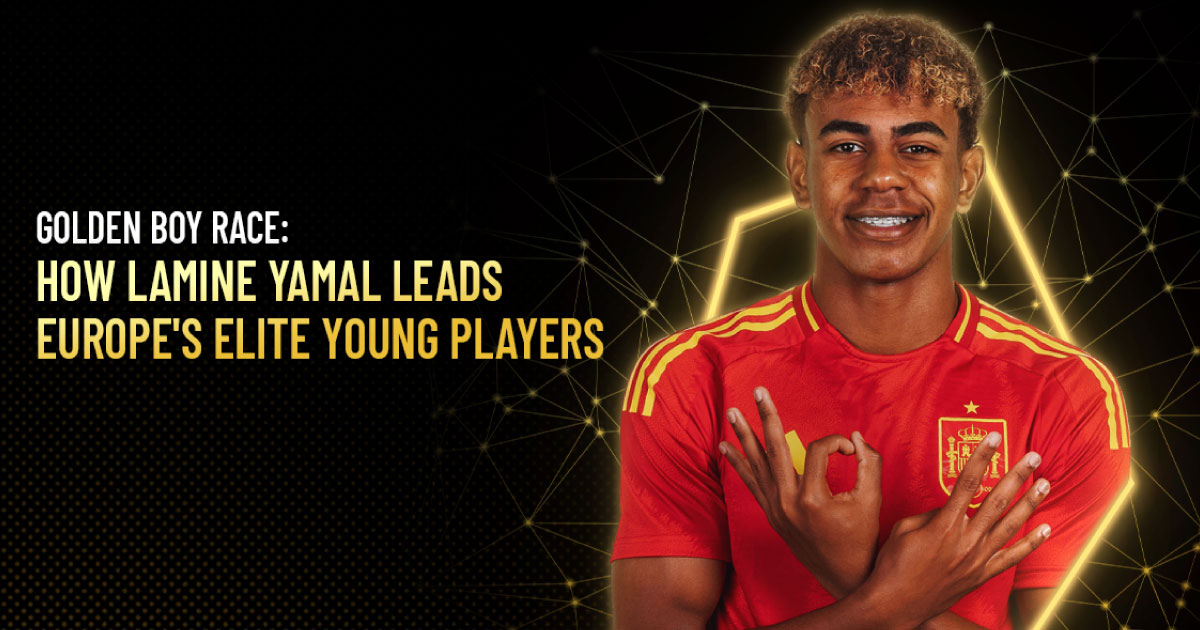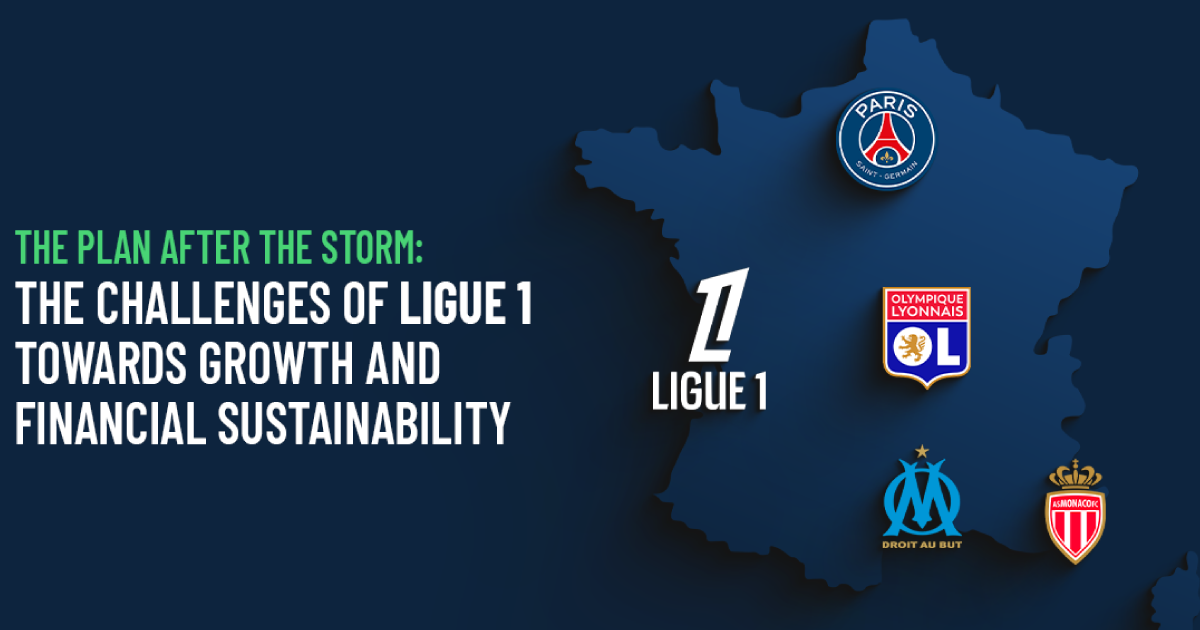Juventus continues to enhance accessibility and inclusivity for its supporters. The Bianconeri club has recently announced a series of new services designed to improve the experience of fans with disabilities at the Allianz Stadium in Turin.
Among the main innovations is the launch of a dedicated WhatsApp number for people with disabilities, allowing direct communication with the club for information requests and support. This service has been created to promptly respond to the specific needs of fans, thereby improving the efficiency and quality of assistance.
Another significant advancement is the introduction of a live subtitling service aimed at deaf or hard-of-hearing fans. Supporters can access this feature using their mobile devices to better follow communications and announcements during matches.
For fans with visual impairments, Juventus is also working on a live audio description service for matches. This service will enable them to follow every moment of the game in greater detail and with more engagement, making the experience more immersive and inclusive.
Lastly, physical accessibility to the Allianz Stadium remains a priority for the club, with the availability of reserved seating and dedicated assistance services to facilitate entry and stay at the stadium.
These new initiatives represent a further sign of Juventus’s commitment to greater inclusivity and attention to all its fans, confirming the club’s role as a leader not only on the field but also in the social sphere.
Juventus Announces New Services for Fans with Disabilities
Juventus continues to enhance accessibility and inclusivity for its supporters. The Bianconeri club has recently announced a series of new services designed to improve the experience of fans with disabilities at the Allianz Stadium in Turin. Among the main innovations is the launch of a dedicated WhatsApp number for people with disabilities, allowing direct communication with the club for information requests and support. This service has been created to promptly respond to the specific needs of fans, thereby improving the efficiency
From the “Golden Goal” to the “Green Goal” – The Sustainable Future of Football
Football, the sport that captures the hearts of billions worldwide, has a long history of evolution both in its rules and its cultural impact. From 1993 to 2004, fans had to hold their breath in anticipation of the Golden Goal – a rule used to decide knockout matches that went into extra time. According to this rule, the first team to score during extra time would immediately win the match. The Golden Goal is especially remembered by the teams that
Beyond glory: Analysing Manchester United’s financial health in the post-Ferguson era
Manchester United FC are one of the most well-known names in football history with a global fan base that can rival any other. However, instead of a string of successes, most headlines about the club in recent years have been about their struggles both on and off the pitch. The recent partial takeover by Sir Jim Ratcliffe promises a turnaround, but what challenges are they facing exactly? With the help of Football Benchmark data & analysis, let’s explore the financial
Marino Uriel helps Atletico Madrid raise awareness of Alzheimer’s
Using the symbolic character of a fictional Atleti player from the 1970s, we put ourselves in the shoes of those suffering from the disease. This Tuesday, the auditorium at the Cívitas Metropolitano hosted the presentation of a campaign to raise awareness of Alzheimer’s disease. Atlético de Madrid created the project in collaboration with the Association for the Families of Alzheimer’s Patients of Madrid (AFEAM). The campaign’s central figure is Marino Uriel Hestfuz, a fictional player who played for the Club during
SFS24: The only International B2B event in Italy dedicated to the Football Industry
The global sports landscape, particularly the football industry, is constantly evolving. In an increasingly competitive and interconnected environment, standing out is no longer just about talent on the field but also about relational skills, resource management, and innovation. This is exactly where SFS24 (Social Football Summit 2024) comes in – the only international B2B event in Italy entirely dedicated to the football industry. The main goal of the event is to create a unique opportunity for high-level networking, fostering the development of
Kickoff for “Extra Time Almaviva”: the SFS Startup Competition
Rome, September 18, 2024 – The call for the SFS startup competition is officially open, marking the 6th edition of the event. Since 2018, this challenge has become a crucial reference point for startups operating in the sports sector, particularly in the football industry. With over 250 applications received and 40 startups selected in previous editions, SFS has helped promote successful startups such as Stargraph, Olympialex, H-Cube, Ticketoo, Floky, Pick Roll, Up2You, Kama Sport, Floky42, MorphCast, NFT Lab, and Dachain. Over
Golden Boy Race: How Lamine Yamal leads Europe’s elite young players
Today, players are breaking into first-team football at increasingly younger ages, with Lamine Yamal serving as a standout example. Currently topping the Golden Boy Football Benchmark Index ranking as of September, the FC Barcelona sensation has already amassed over 4,100 minutes in senior matches by the age of just 17 years and 2 months. To put this into perspective, at the same age, legends such as Lionel Messi, Cristiano Ronaldo, Luka Modric, Sergio Ramos, and Xavi had yet to play
FOOTBALL DIGITAL REVOLUTION
by Ivan Ortenzi Docente MBA and di Sport Industry Football is facing a crucial challenge: embracing digital transformation to ensure the sustainability and growth of its business. Today, in the digital age, fan attention and their online engagement represent fundamental resources, and the ability to engage them effectively has become a critical success factor. However, the football sector must evolve rapidly to respond to the pressures of an increasingly competitive market between the rigidity of traditional costs and the urgency to
The plan after the storm: the challenges of Ligue 1 towards growth and financial sustainability
Once a vibrant display of French football talent, Ligue 1 now faces a critical turning point. The league’s financial health has been steadily declining compared to other European leagues, driven by escalating costs and an overdependence on player trading, exacerbating its vulnerability. The absence of a robust financial regulatory framework, combined with a challenging domestic media landscape, has placed the league in a difficult situation. After the fresh re-election of Vincent Labrune as the President of the LFP, the governing body
Saudi Pro League partners with TikTok to elevate the digital fan experience
TikTok to launch a dedicated SPL Exclusive Hub The Saudi Pro League (SPL) is proud to announce TikTok as its ‘Digital Partner’ for the 2024-25 season. TikTok is the leading destination for short-form mobile video and with this partnership, aims to create an unparalleled digital experience for football fans across the region and beyond. In this official partnership, TikTok will introduce a dedicated SPL Exclusive Hub, a central space where fans can access content from the league's clubs and partners. This hub





